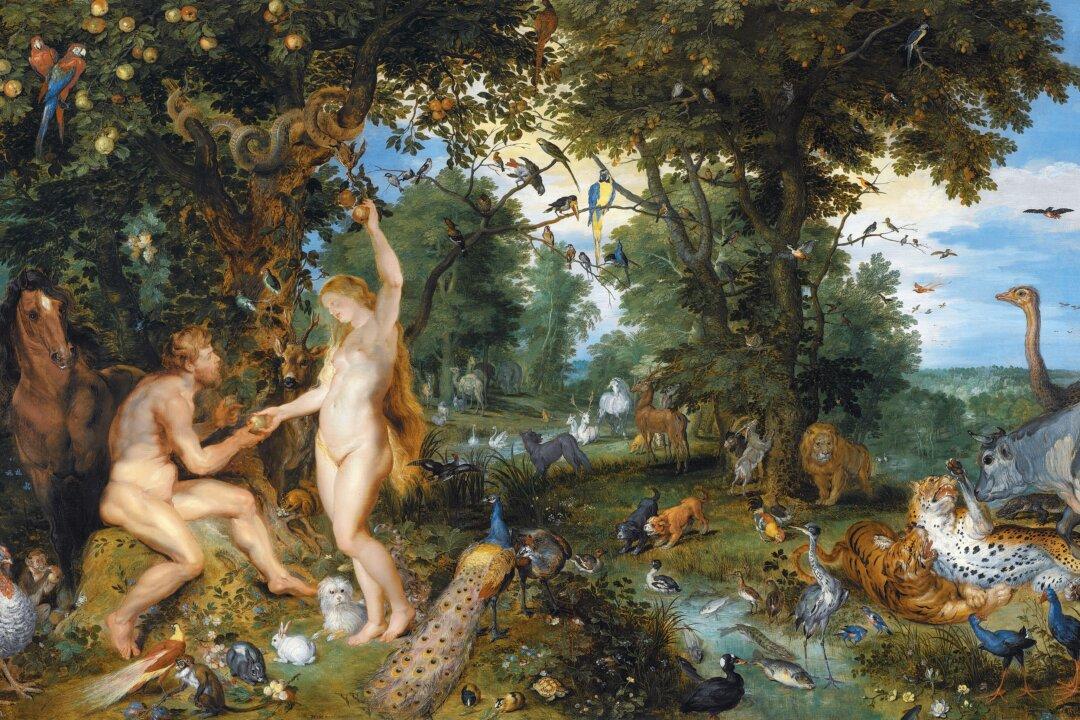One of the reasons why I am such an ardent student of world mythologies is that they reveal so much of our psychology today. Why? Because human nature hasn’t changed since the beginning of human time. To put it another way, we haven’t progressed.
As Dr. Aseem Malhotra, a highly published cardiologist, said in an “American Thought Leaders” interview: “Even though we’ve advanced technologically in the last 2,500 years, ... we haven’t progressed psychologically, and I think, in recent years, I would say ... we’re regressing psychologically.”






